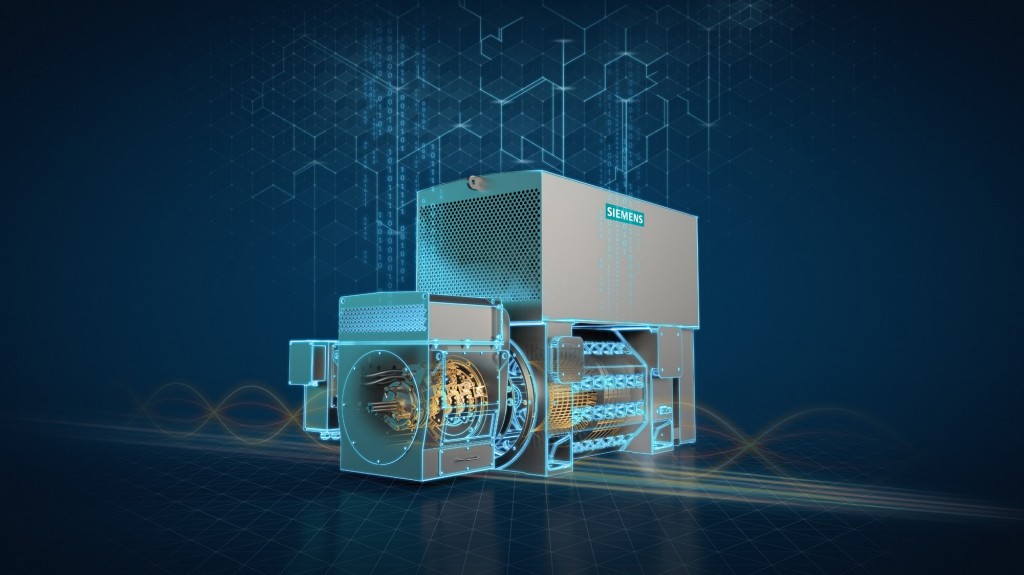Course Details
Your Growth, Our Mission

Course Description
Variable Frequency/speed drives are devices used for varying the speed of driven equipment (such as pumps, blowers, compressors, conveyors etc.) to exactly match the process requirements and achieve energy saving as well. For an electrical engineer, it is just not sufficient to be satisfied with selecting the right type and size of motor. The knowledge of driven equipment and the application in the process areas, in fact, offer equal opportunities for the energy conservation.
Pumps, fans and compressors are the most commonly found equipment in varied types of industries and commercial use. On an average the power consumed by pumps alone varies between 5-30 % depending on the type of industry & applications. There is tremendous energy saving opportunity for achieving substantial energy savings through variable Frequency drives in these applications.
The Training Course Will Highlight ?
This course will feature:
- Understanding types of AC motors and their starting methods
- Principle of operation of variable speed drives
- Identification of the various types of variable speed drive
- Trouble shooting and maintenance of variable speed drives
- Protection of motors and drives
Training Objective
This course will feature:
- Understanding types of AC motors and their starting methods
- Principle of operation of variable speed drives
- Identification of the various types of variable speed drive
- Trouble shooting and maintenance of variable speed drives
- Protection of motors and drives
Target Audience
This training course is suitable to a wide range of professionals but will greatly benefit for:
- Electrical & Instrument Engineers
- Electrical & Instrument Supervisors
- Maintenance Technicians & Manger
- Project Technicians & Manger
- Principal Electrical Equipment & Apparatus Maintenance Foreman
- Senior Electrical Equipment & Apparatus Maintenance Engineer
- Senior Electrical Equipment & Apparatus Maintenance Foreman
- Assistant Equipments & Appliances Maintenance Engineer
- Electrical Equipment & Apparatus Maintenance Foreman
Training Methods
This interactive training course includes the following training methodologies as a percentage of the total tuition hours:
- 25 % Class room Lectures
- PowerPoint
- Projector and white board
- 45 % In-Class exercise works and Practical Sessions (Simulation Software / Practical Exercises)
- Individual & Group Exercises
- Simulation Case
- 30 % Field Cases (any VFD brand)
- Check operation input output
- Check voltage apply and frequency input
- Check output values of Voltage and frequency ratio
- Check internal configuration of VFD
- Check Diodes by AVO
- Check thyristor by AVO
- Check DC link
- Measure Harmonics values
- Check the effect of Filters (in and out)
- Check loss connection effect
- Measure the values of heat produced from SCR
Daily Agenda
Module One:
- Pre-test
- Introduction to power system
- Power system Voltage levels According to IEC & IEEE
- Motor control circuits construction
- Ac Motor Types
- Idea of Operation AC Motor
- Medium Voltage AC motor construction
- AC Motor component
- Rotor
- Stator
- Bearing
- Coil winding
- Winding insulation level
- Electric insulation & Temp. insulation
- Motor Mechanical basics
- Developing a rotating magnetic field
Module Two:
- MV Motor problems of starting
- Types of Motors start
- Direct on line
- Star / Delta System
- Auto transformer
- Stator Resistance
- Rotor Resistance
- Soft starter
Module Three:
- Introduction to power electronics
- Types of electronics switches and converters
- Difference between various types of VFDs
- VFD components
- Rectifier
- DC link
- Inverter
- VFD types
- VFD effect of Motor Operation
- Component Identification
- Variable Frequency drives parameter programming and applications
Module Four:
- Power Electronic components
- Diode
- Rectifier Configuration
- 6 pulse rectifier
- Modern technology 12 , 18 & 24 pulse rectifier
Module Five:
- Coil and capacitor configuration
- Effect of DC link
- Operations of DC link energy and inverters, regeneration or dynamic slowdown, dynamic breaking, plugging
- Sizing of capacitor effect
Module Six:
- Thyristor (SCR), IGBT, MOSFET operation concept
- Thyristor (SCR), IGBT, MOSFET configuration
- Thyristor (SCR), IGBT, MOSFET, types
- Inverter configuration
- Pulse Width Modulation PWM concept
- Control of frequency
- Control of voltage
- V/F ratio control
Module Seven:
- Control Mimic
- Space heaters & Cooling fan
- Control wiring
- LED induction lamp
- Line notching
- Harmonics
- Operator interfaces
- Bypass systems
Accreditation
BTS attendance certificate will be issued to all attendees completing a minimum of 80% of the total course duration.
Quick Enquiry
Request Info
Related Courses
Your Growth, Our Mission

